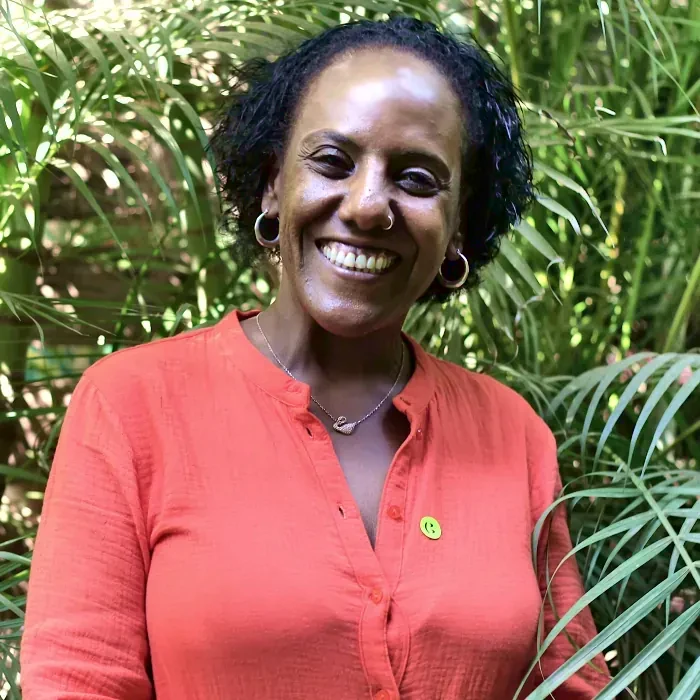This episode contains sensitive information that may be triggering or difficult to hear. Listener discretion is advised.
Meron Estefanos is a Swedish-Eritrean activist who, in this episode, recalls how her activism work unceremoniously kicked off in a bid to rescue fleeing Eritreans as a result of the compulsory military recruitment. Under this policy, individuals between the ages of 18 and 50 were subject to mandatory military service, which was initially supposed to last for 18 months. However, in practice, many conscripts were forced to serve for extended periods, sometimes indefinitely, with reports of service durations reaching over a decade. This has resulted in a severe restriction of personal freedoms and opportunities for Eritrean citizens.
The mandatory military service and its associated hardships, including limited rights, harsh living conditions, and lack of economic prospects, have led many Eritreans to flee their country in search of better opportunities and a chance for a more secure future. The prolonged conscription has been a significant driver of irregular migration, with Eritreans undertaking dangerous journeys across borders and across the Mediterranean Sea to reach Europe or seeking asylum in neighboring countries. The documentary Sound of Torture follows Meron as she tries to help Eritreans who have fled through Eqypt’s Sinai desert and been capture by human traffickers.
From an activist’s point of view, Meron notes achieving knowledge justice requires systemic changes in education, research, publishing, and policymaking. It involves transforming existing structures and institutions to promote equity, diversity, and inclusion in knowledge production and dissemination. By embracing knowledge justice principles, societies can work towards a more equitable and inclusive knowledge ecosystem that benefits all individuals and communities.

